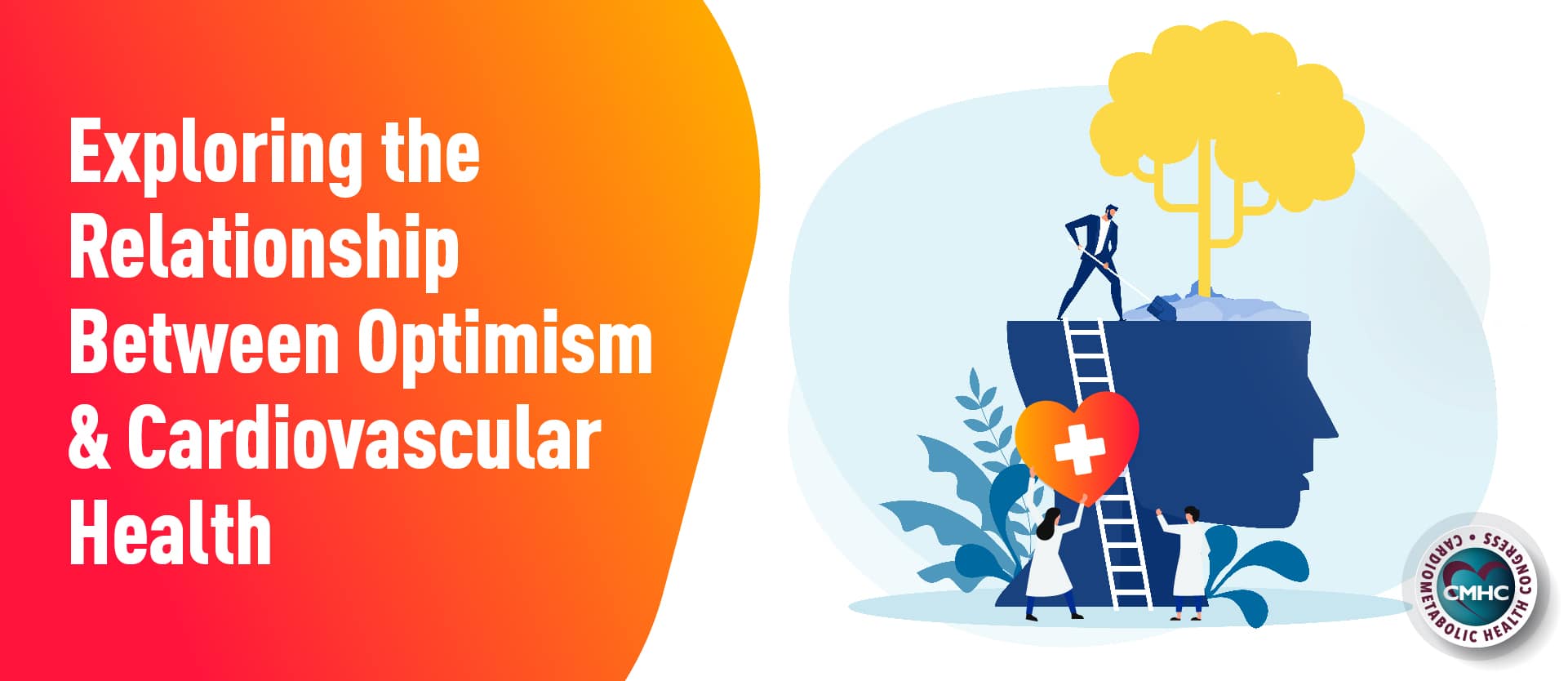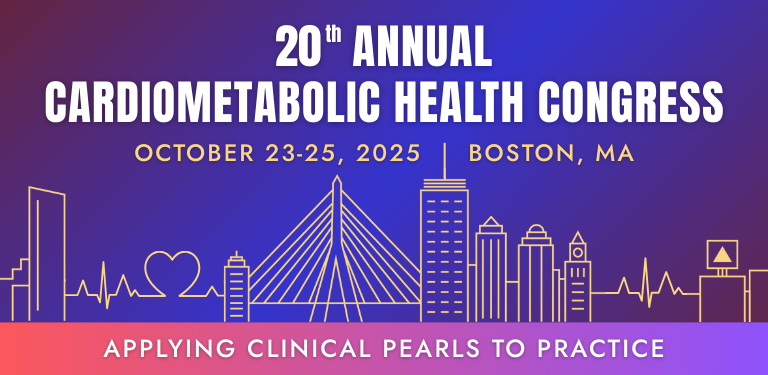Optimism has been linked to professional and academic success, increased quality of life, and even improved physical health markers. Prior research has evidenced a clear association between negative emotions, social factors, and chronic stress conditions along with adverse cardiac outcomes. Until recently, studies of the impact of an individual’s mindset on cardiovascular outcomes and all-cause mortality have been limited.
According to the latest research published in JAMA Network Open, individuals with a positive outlook appear to experience a decreased likelihood of serious cardiovascular conditions. Researchers note that an optimistic mindset – defined as the tendency to think positively about the future – can potentially be a modifiable factor and thus, offer a new relevant target for clinical interventions.
Association of Optimism With Cardiovascular Events and All-Cause Mortality
To better understand the impact of mindset on cardiovascular health, researchers conducted a meta-analysis and systematic review of the association between optimism and risk for future cardiovascular events and all-cause mortality. Their study evaluated the results from 15 trials, with a total cohort of over 220,000 participants. Cardiovascular events included in the trial were a composite of fatal cardiovascular mortality, nonfatal myocardial infarction, stroke, and/or new-onset angina. All-cause mortality was evaluated as a separate outcome.
Data were subjected to adjusted effect estimates and pooled analysis using random-effects models. Sensitivity and subgroup analyses were performed to assess the validity of the study’s findings against confounding factors.
Positive Outlook May Decrease CVD Risk
After an average follow-up period of 14 years, the study’s authors found that patients with an optimistic mindset had a 35% lower risk of angina, heart attack, stroke, or death from cardiovascular causes. In addition, data indicated that optimism was linked to lowered all-cause mortality and a 14% decrease in premature mortality.
The team of researchers found that optimism was significantly associated with a decreased risk of cardiovascular events, while pessimism was associated with an increased risk. Subgroup and sensitivity analyses for confounding factors yielded similar results; benefits remained statistically significant when factors such as depression and physical activity were taken into account.
A number of psychological and physiological mechanisms are likely responsible for this association, however, additional research is required to determine how exactly an optimistic mindset can impact cardiovascular outcomes.
Prior research suggests optimistic people may be more likely to follow healthy habits and evidence exists of a link between greater optimism and better diet quality and physical activity habits. However, the study’s findings implicate that the promotion of optimism and a reduction in pessimism specifically may have a positive outcome on cardiovascular risk and preventative health.
Further study is needed to identify and define the bio-behavioral mechanisms underlying this association as well as to evaluate the potential benefit of clinical interventions on long-term cardiovascular outcomes. Although it may be difficult to implement optimism in practice, therapeutic interventions and other psychological techniques can encourage people with a naturally pessimistic outlook to reframe their perspective and appear to help in bettering health outcomes.

















